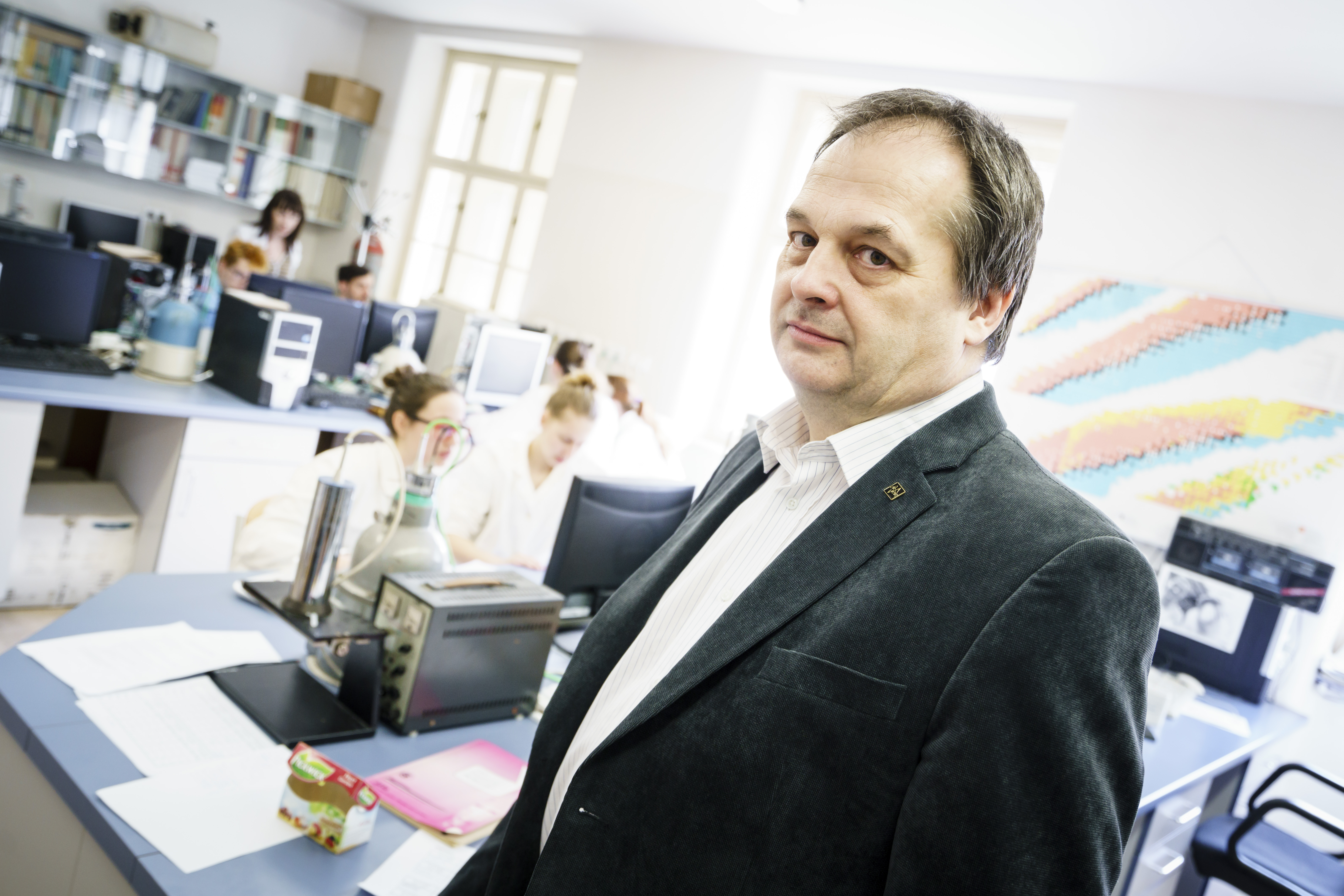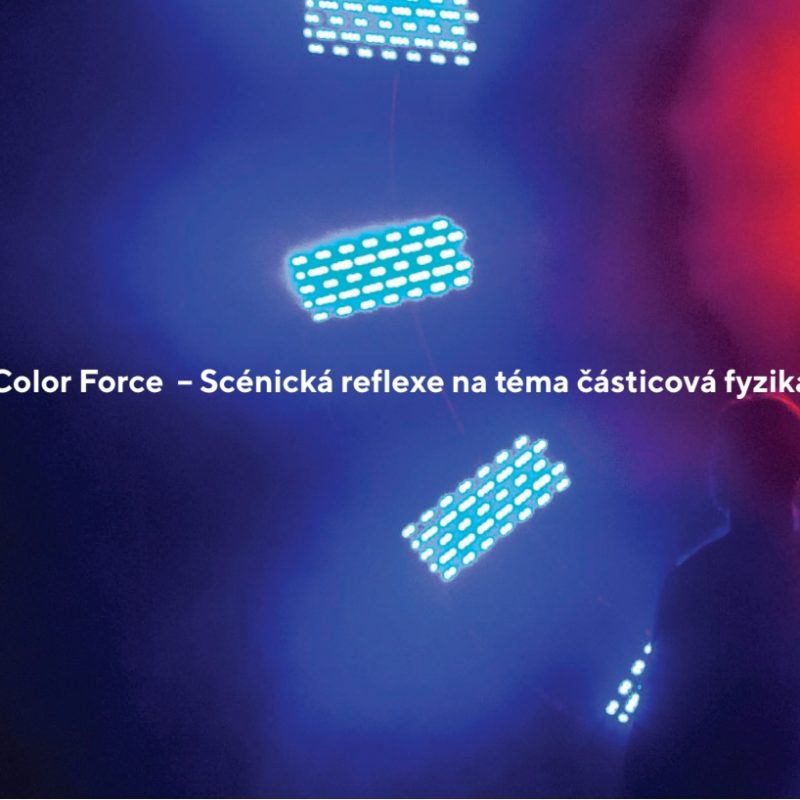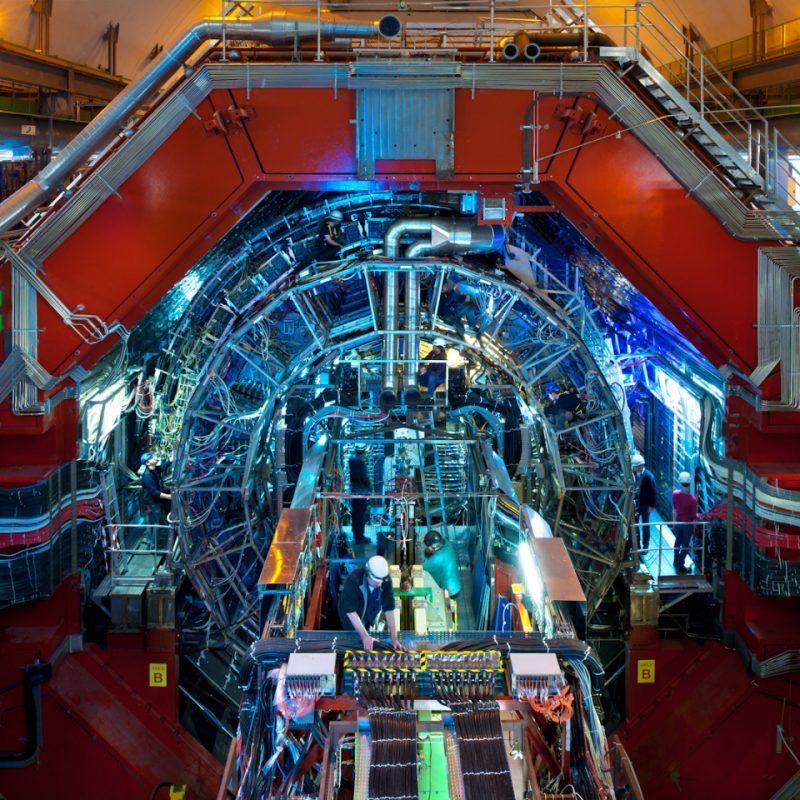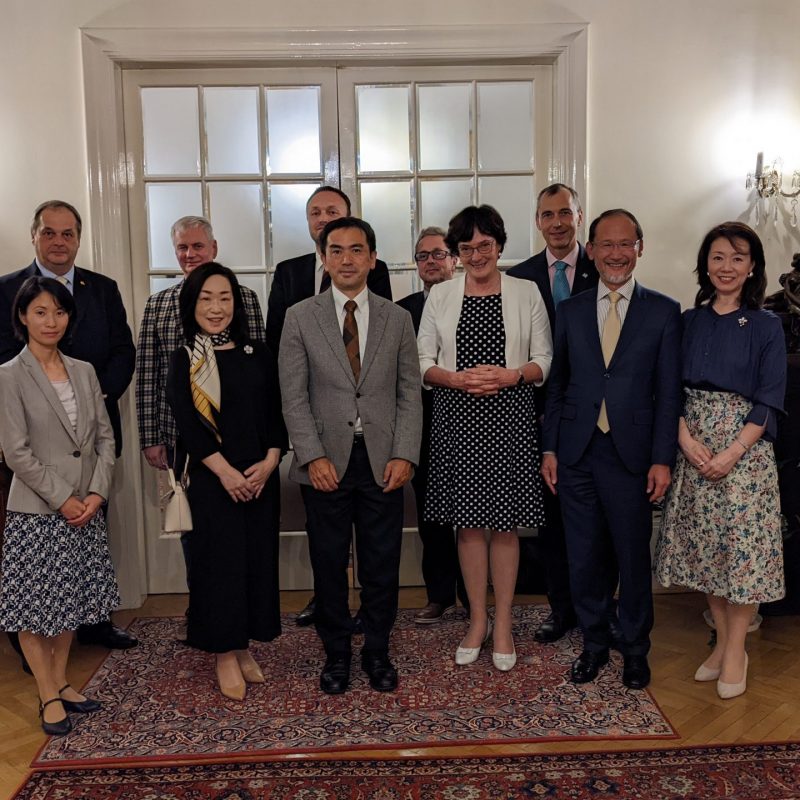The Vzlusat-2 cubesat containing, among other things, two detectors developed and finalised at Faculty of Nuclear Sciences and Physical Engineering (FNSPE), or the Centre for Applied Physics and Advanced Detection Systems at FNSPE (CAPADS), has been in Earth orbit for more than a year. The CAPADS detectors are also on the Socrat-R satellite, which was launched into orbit in July 2019. The CAAS project also participated in the development of the detectors.
Prof. Igor Jex, Director of the Centre of Advanced Applied Sciences (CAAS), was awarded the CTU Medal of the First Degree in November 2022. He was nominated for the award for his long-term contribution to the scientific and pedagogical development of the university, as well as for his leadership of the CAAS project.
Prof. Igor Jex has been working at the Department of Physics, Faculty of Nuclear Sciences and Physical Engineering, CTU in Prague since 1997, when he returned from a series of post-doctoral fellowships in Japan, Finland and Germany. He has long been giving or has given basic lectures in theoretical physics, thermodynamics and statistical physics at the undergraduate level, and specialized lectures in quantum information and communication and quantum optics at the master's and doctoral levels.
You can download the electronic publication Color Force - a scenic reflection on particle physics. Its text documents the process of the creation of the performance Color Force, which took place at the Archa Theatre (and you can also see the recording online). Both the performance and the publication were created within the framework of the sub-programme Language in Communication between Science, Art and the Public, which is part of the Particle Physics Programme (PARTPHYS). Its main goal is to find a common language between physicists and artists, open to both the professional and the general public. The publication includes the main theses of the authors involved in the realization of an abstract representation of the particle world in the form of a dance performance.
Future research on the upgraded Alice experiment at the LHC will be discussed at the ALICE Upgrade Week conference in Prague, which starts on Monday September 19, 2022 at the Novotný lávka. It will bring together around 100 scientists studying quark-gluon plasmas from around the world. The main representative of the experiment, Luciano Musa, and his successor and upgrade coordinator Marco Van Leeuwen, Nikhef National institute for subatomic physics from the Netherlands, will also visit Prague.
"The word upgrade is already in the title of the conference, which foreshadows that we will be dealing mainly with future research on the Alice experiment. The LHC accelerator has been running since November 2010 and Alice has undergone two major upgrades in that time, with a third underway now," says Karel Šafařík from the Department of Physics at the Faculty of Nuclear Sciences and Physical Engineering (FNSPE) and one of the conference organisers.
Japanese Ambassador Hideo Suzuki invited Prof. Akiro Furusawa of the University of Tokyo to dinner in Prague, along with scientists and experts in quantum communication and representatives of the Czech government. One of the guests at the Japanese residence was Prof. Igor Jex from the Department of Physics of the Faculty of Nuclear Sciences and Physical Engineering of the Czech Technical University in Prague (FNSPE).
Prof. Akiro Furusawa is a leading Japanese expert in research in the field of quantum optics and quantum computing and ten years ago he collaborated on research with Palacký University in Olomouc. At the University of Tokyo, he heads Furusawa & Endo Labs.





